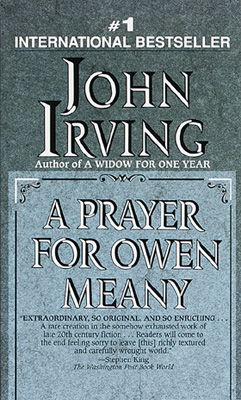If I have one reservation about The Adventures of Kavalier and Clay it is that it didn't engage me emotionally as much as I would have expected. The holocaust is of course a powerful subject, but somehow I didn't quite feel as moved as I should have been during some key scenes in the novel. This might have been me, my mood at the time, but I can't help feeling that I should have been in tears at times when I felt relatively unscathed. On the plus side, this means that Chabon doesn't go for cheap sentimentality and that he finds humour and joy in what could have been a very bleak story.
I was particularly fascinated by the recurring imagery of golems. One of Josef's first tasks before he escapes to New York is to smuggle a golem out of Prague to safety and this idea of creating life is echoed in the character he creates for his comic strip. This is neatly linked in this passage to the more obvious imagery to do with escapistry that also occurs throughout the novel:
In literature and folklore, the significance and fascination of golems- from Rabbi Loew's to Victor von Frankenstein's- lay in their soullessness, in their tireless inhuman strength, in their metaphorical association with overweening human ambition, and in the frightening ease with which they passed beyond the control of their horrified and admiring creators. But it seemed to Joe that none of these- Faustian hubris, least of all- were among the true reasons that impelled men, time after time, to hazard the making of golems. The shaping of a golem, to him, was a gesture of hope, offered against hope, in a time of desperation. It was the expression of a yearning that a few magic words and an artful hand might produce something- one poor, dumb, powerful thing- exempt from the crushing strictures, from the ills, cruelties, and inevitable failures of the greater Creation. It was the voicing of a vain wish, when you got down to it, to escape.
The Amazing Adventures of Kavalier and Clay is a dense, rollicking, slightly crazed, fascinating novel and on the basis of it I will be reading some more of Chabon's writing as soon as I can.
